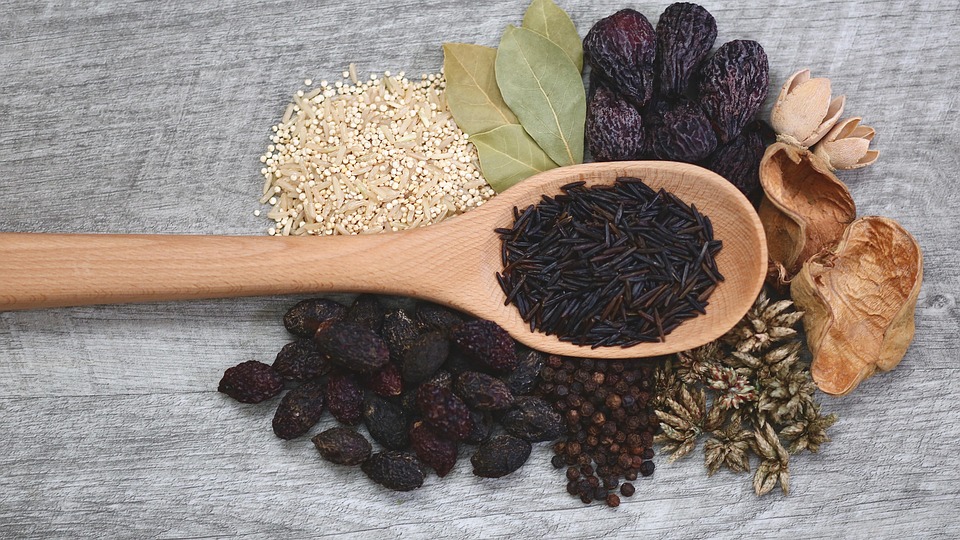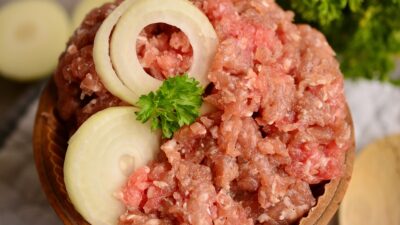Cooking is an art that can be mastered with practice, patience, and the right guidance. Whether you’re a complete novice or someone looking to refine your skills, cooking tutorials are an invaluable resource. In this guide, we’ll explore how to make the most of these tutorials, the various types available, and how you can transform from a kitchen beginner into a confident chef.
Understanding Cooking Tutorials
Cooking tutorials come in various formats, catering to different learning styles and preferences. Here are some popular types:
1. Video Tutorials
Platforms like YouTube, TikTok, and specialized cooking websites offer a plethora of video tutorials. These can range from quick 60-second recipes to in-depth cooking classes. The visual format allows you to see techniques in action, making it easier to replicate.
2. Blog Posts and Websites
Many culinary experts share detailed recipes on their blogs, often accompanied by step-by-step photos. These texts usually include tips and tricks, alternative ingredients, and personal anecdotes that may inspire you.
3. Online Cooking Classes
For those seeking a more structured approach, platforms like MasterClass, Skillshare, or specialized culinary schools offer online cooking classes. These may involve live interactions with instructors and more advanced cooking techniques.
4. Cookbooks
While not strictly online tutorials, cookbooks remain a classic resource. Many modern cookbooks include QR codes that link to video content, merging traditional and contemporary styles.
5. Social Media
Instagram and Pinterest abound with visual and step-by-step guides. Their snackable content can be great for quick recipe inspiration, experts’ tips, or new techniques.
Setting Your Goals
Before diving into tutorials, define what you want to achieve. Are you looking to:
- Learn basic cooking skills?
- Master specific cuisines?
- Bake like a professional?
- Host dinner parties with flair?
Identifying your goals will help you choose the right tutorials that align with your interests and skill level.
Starting with the Basics
For novices, it’s essential to start with foundational skills. Consider these beginner-friendly concepts:
1. Knife Skills
Selecting the right knife and learning to chop, dice, and mince are fundamental skills that can drastically improve your cooking efficiency.
2. Cooking Techniques
Familiarize yourself with basic cooking methods such as sautéing, boiling, baking, and grilling. Tutorials that focus on these techniques will provide a solid foundation for future cooking projects.
3. Understanding Ingredients
Learn about common ingredients and their flavors. Tutorials that delve into spices, herbs, and food pairings can enhance your ability to create well-balanced dishes.
Progressing to Intermediate and Advanced Skills
Once you’ve mastered the basics, you can start exploring intermediate and advanced culinary techniques:
- Recipe Modification: Learn to adapt recipes based on available ingredients or dietary preferences.
- Emphasis on Presentation: Discover plating techniques that elevate the visual appeal of your dishes.
- Cuisines of the World: Explore tutorials focusing on specific cuisines, helping you diversify your cooking repertoire.
The Importance of Practice
As with any skill, practice is key to becoming a confident cook. Don’t hesitate to repeat tutorials, modify recipes, or even experiment with your own ideas. Document your progress; keeping a cooking journal can help you remember what worked and what didn’t.
Seeking Feedback
Sharing your culinary creations with friends and family can provide valuable feedback. Consider hosting small gatherings to showcase your skills. Additionally, online cooking communities can offer support and encouragement as you embark on your culinary journey.
Embracing Mistakes
In the kitchen, mistakes will happen. Instead of getting discouraged, view them as opportunities for learning. Many accomplished chefs will attest that their best dishes arose from trial and error.
Conclusion
The journey from novice to chef is an exciting one, filled with delicious discoveries and growth. Cooking tutorials are powerful tools that can guide you every step of the way. By setting clear goals, mastering foundational skills, and remaining open to feedback and mistakes, you can transform your culinary abilities and create meals that you—and others—will love. So tie on your apron, grab your favorite recipe, and step into the world of cooking with confidence!



